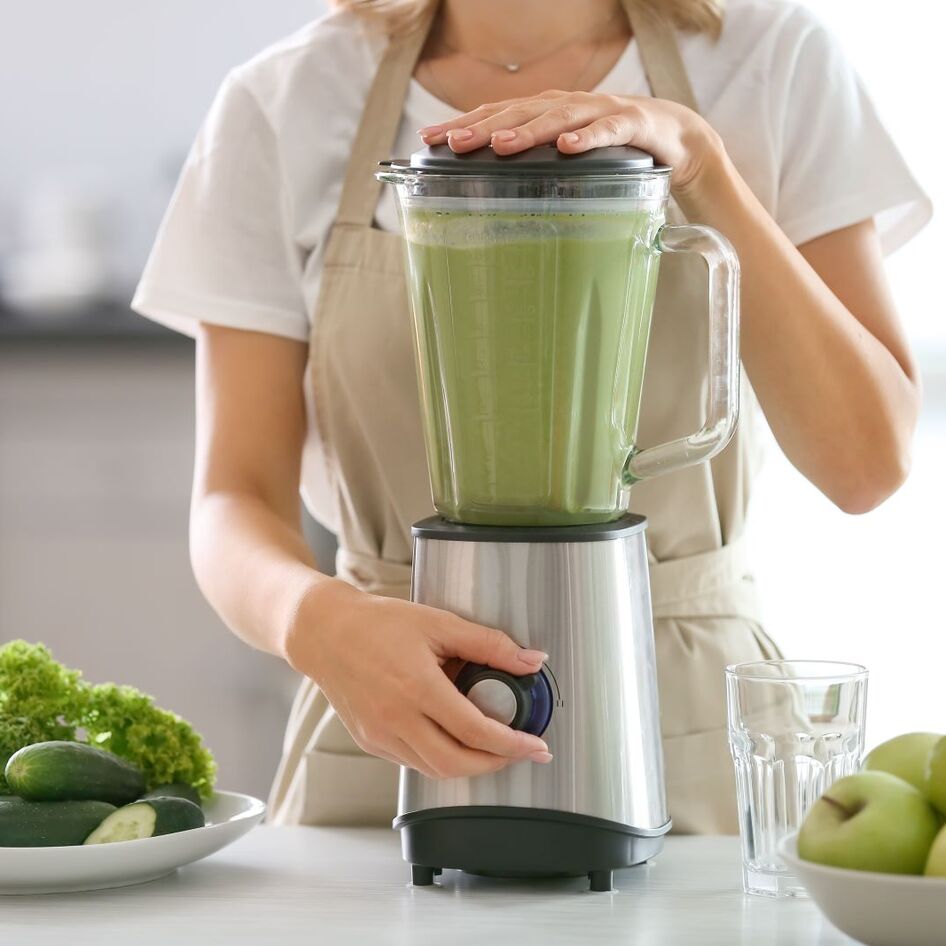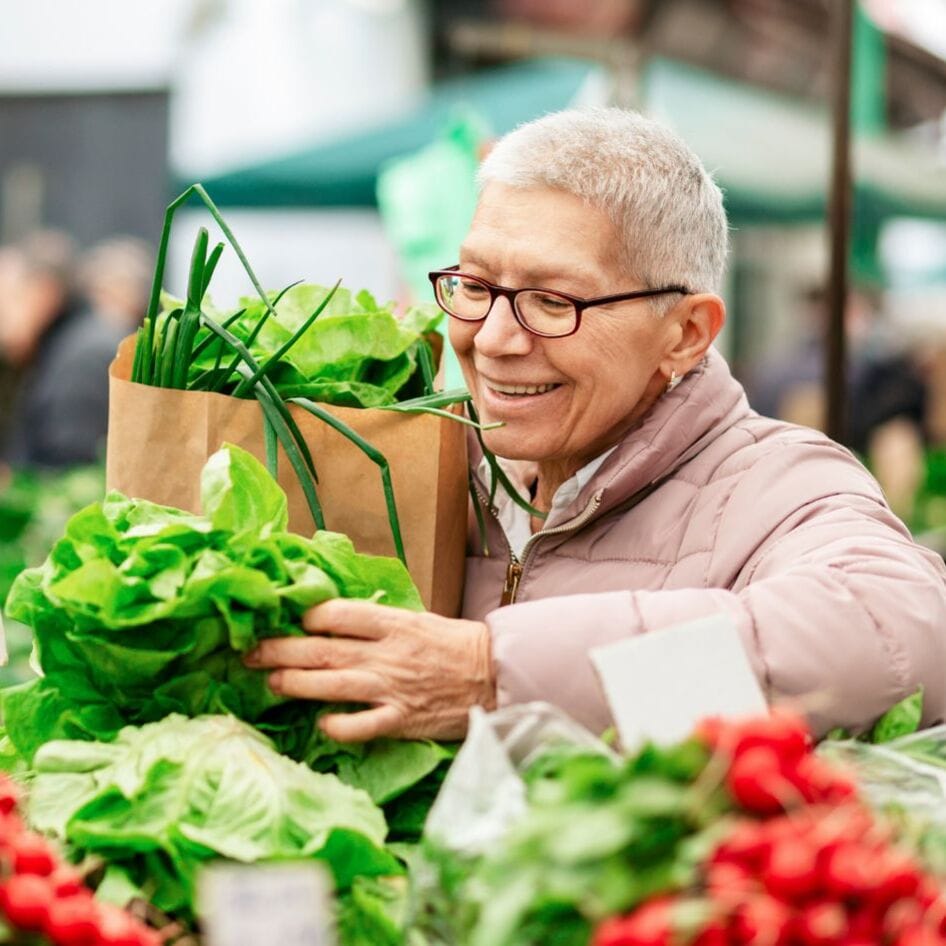Crew members aboard the International Space Station may soon be able to grow beans and other vegan food thanks to new high-tech planters developed at the Norwegian University of Science and Technology (NTNU). The planters can regulate the water, nutrients, gas, and air that plants need, and could be crucial to sustaining the crew in future space missions. In the study, NTNU researchers performed three experiments: the first two determined the effect of restricted rooting and nutrient solution volumes, and a third experiment was performed to assess plant responses to various nitrate nutrient solution concentrations. “We found that plants can, in a way, ‘smell’ the amount of nutrients available to them,” Silje Wolff, a plant physiologist at NTNU’s Centre for Interdisciplinary Research in Space, said. “When the nitrogen concentration is very low, the plant will absorb more water and thus more nitrogen until it reaches an optimal level.” The next step is to grow beans in space to observe the effect of zero gravity on plants’ ability to absorb water and nutrients. Simulating the absence of gravity cannot be done on Earth. “The dream of every astronaut is to be able to eat fresh food, like strawberries, cherry tomatoes, or anything that’s really flavorful,” Wolff said. “Someday that will certainly be possible. We envision a greenhouse with several varieties of vegetables.”
JUMP TO ... Latest News | Recipes | Guides | Health | Subscribe







